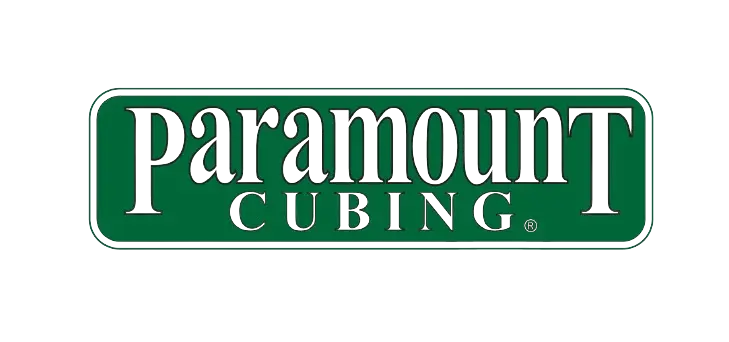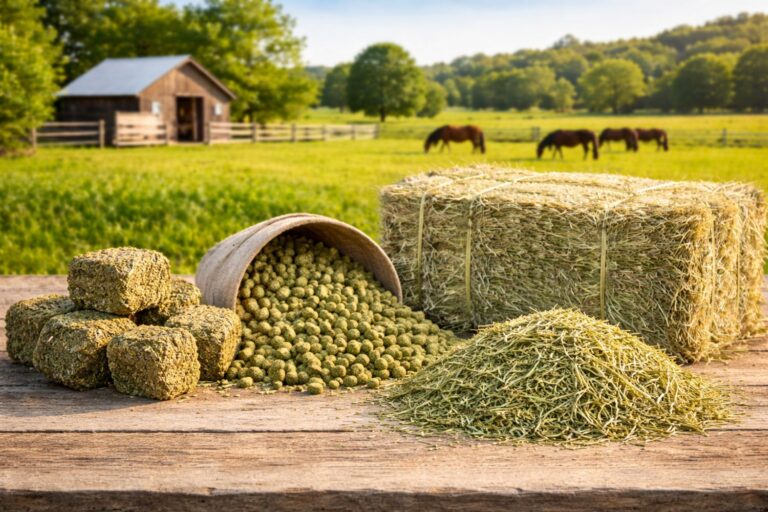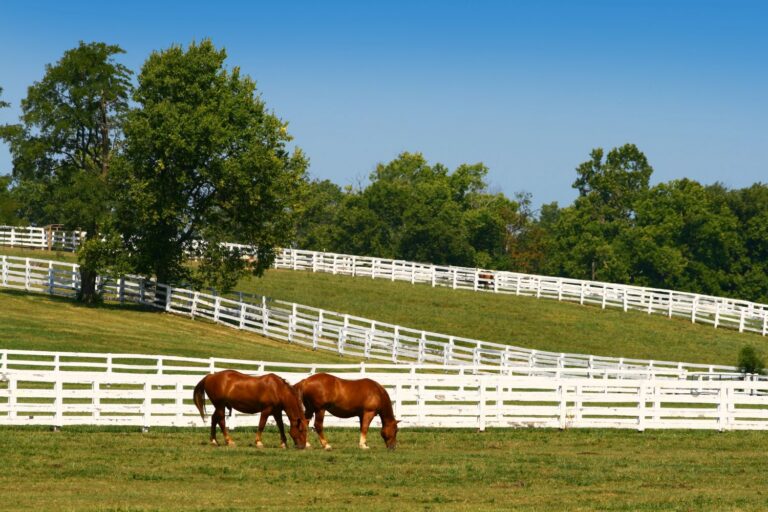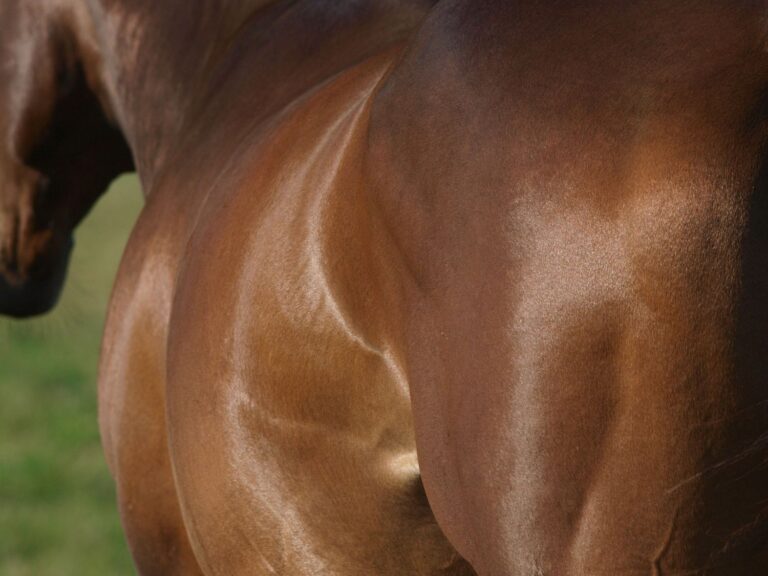Proper nutrition is the foundation of a horse’s health and performance. Despite best efforts, nutritional deficiencies can arise, impacting their energy, appearance, and overall well-being. Recognizing the signs early and addressing them effectively can make all the difference in maintaining a healthy horse.
Signs of Nutritional Deficiencies
Nutritional deficiencies often manifest in physical and behavioral changes. A dull coat or brittle hooves may indicate a lack of biotin or zinc. Unexplained weight loss or weak muscle development often points to insufficient protein or calories. If your horse seems unusually tired, they may be low in iron, vitamin E, or selenium. Behavioral changes, such as irritability or restlessness, can also signal nutrient imbalances. Digestive problems or frequent illnesses may stem from poor diet quality or missing vitamins like A and C.
Common Causes of Deficiencies
- Low-Quality Feed: Poorly stored or low-nutrient feed can lead to imbalances.
- Imbalanced Diets: Overemphasizing one type of feed while neglecting others.
- Insufficient Forage: Horses require adequate hay or pasture to meet fiber needs.
- Increased Demands: Working or performance horses need more nutrients.
- Age or Health Conditions: Older horses or those with specific conditions may struggle to absorb nutrients effectively.
How to Address Nutritional Deficiencies
The first step in addressing a suspected deficiency is consulting a veterinarian or equine nutritionist. These experts can perform tests to identify what’s missing and recommend solutions. They’ll help you create a diet tailored to your horse’s specific requirements.
Evaluating the current diet is also essential. Ensure your horse’s feed includes a balanced mix of protein, fiber, vitamins, and minerals. Switching to a high-quality product, like Paramount Cubing’s premium feed, can simplify this process by providing consistent and complete nutrition.
If specific deficiencies are identified, supplements may help. Biotin can improve hoof quality, while electrolytes are great for hydration. However, always use supplements cautiously and under guidance to avoid overloading your horse with unnecessary nutrients.
Hydration is another critical component. Ensure your horse has constant access to clean water and a salt block for essential minerals. Without adequate hydration, even the best diet cannot be properly absorbed.
Finally, keep an eye on your horse’s progress after making dietary adjustments. Monitor for visible improvements in their weight, coat, energy, and overall behavior. Small tweaks may be necessary along the way to ensure long-term success.
Conclusion
Maintaining your horse’s health starts with proper nutrition. By recognizing deficiencies early and taking thoughtful steps to address them, you can ensure your horse thrives. High-quality feed, like the products from Paramount Cubing, can help simplify this process and provide your horse with the nutrition they need to perform at their best.



